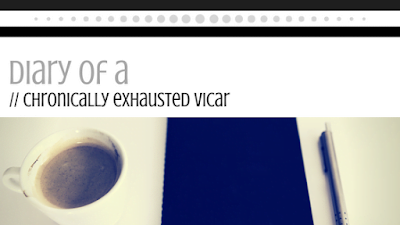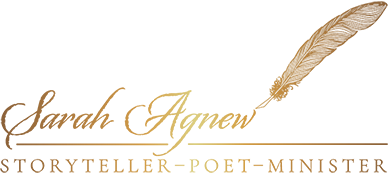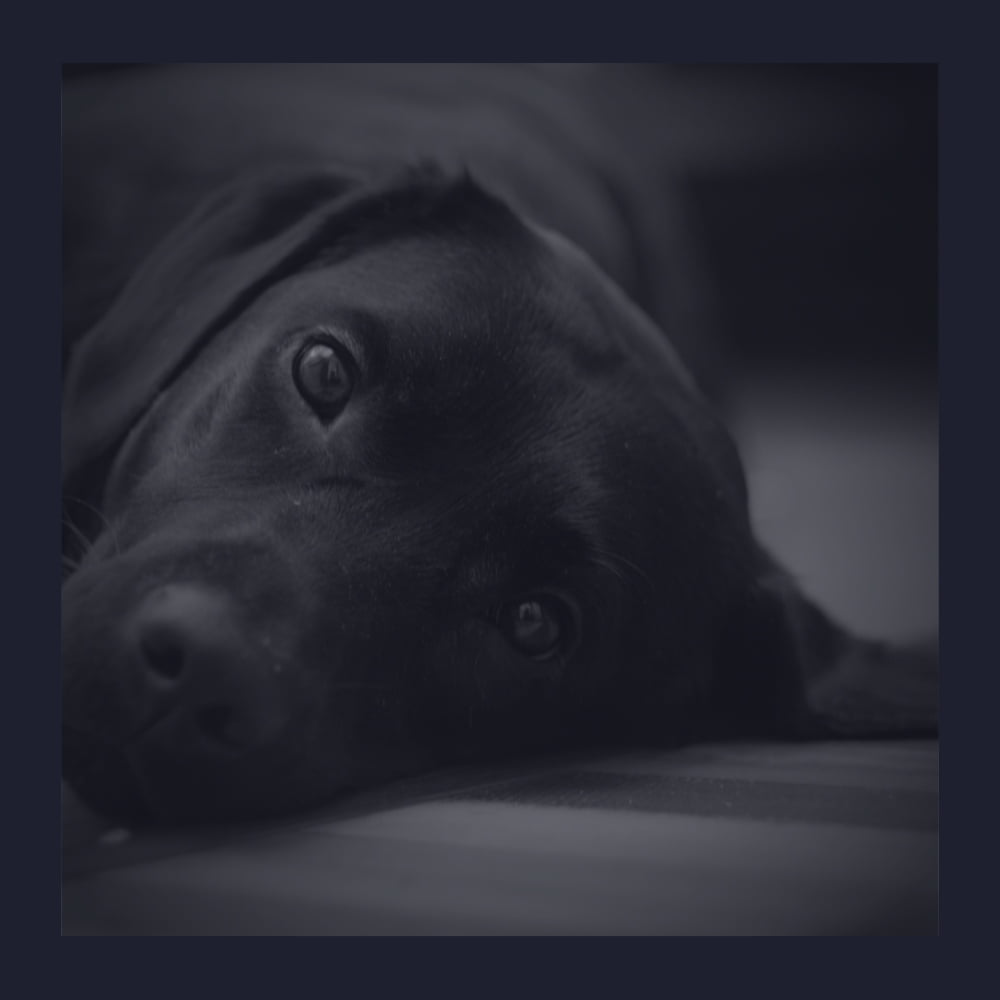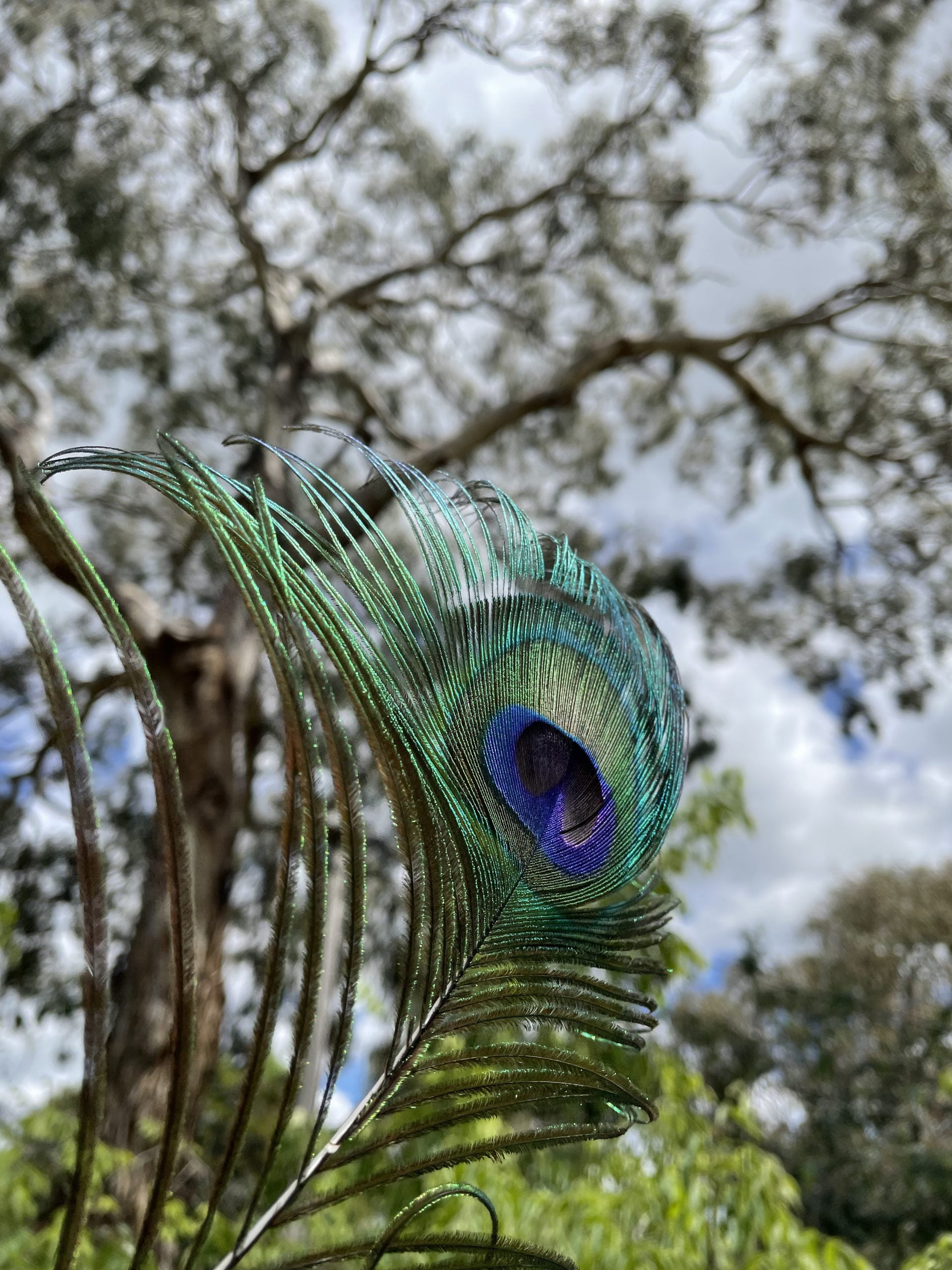So here we go again.

I thought I was getting better. I thought we had identified the problem. Glandular fever, low iron.
Six weeks of tonsillitis.
Small hiccough. I woke a few weeks ago feeling well again, feeling like myself again. Ready for life again.
It took me by surprise that I collapsed in a heap, energy completely depleted, this week. Are my energy reserves really so low still that a week of four special services with complicated preparations knocked me over? Granted, there have been difficult situations requiring careful negotiation in recent weeks. That takes energy. There has been much to write, reports and newsletter articles requested, sermons and stories and liturgies. That takes energy.
But I was starting to socialise again, making new friends, getting out of the house in the evenings.
And I was starting to walk again, half hours of moving, breathing, solitude with God and nature.
Then I heard myself starting to sound panicked: at the staff meeting, joking a couple of times about my imminent demise with all the work I had to do. Clearly I was worried about it.
And I felt myself unable to think clearly, losing the capacity to identify what needed to be done, wanting to curl up in a ball and leave it all behind. Clearly I was drowning.
But I couldn’t see it, or wouldn’t see it. I pressed on, these are my tasks, my responsibilities, I am expected to do it all.
Until I found myself closing my eyes, struggling to maintain my balance as I stood talking to people after church on Sunday, the exhaustion that is usually a good kind of satisfied tired, once again a complete draining of all that I had to give.
And I knew that to drive to Sydney on Monday would be a temptation to fate that I must avoid, for my safety and the safety of others. Tired behind the wheel. Not good. Even if it meant reneging on a commitment to the meeting of the board I have only just joined.
My eyes finally open to the decimation of my energy that had snuck up on me unexpectedly, I returned to the doctor. I can see you are spent, she said. Can you take time off work?, she asked. I don’t think the iron could have run low again so soon, she pondered. Can we please find out what’s going on, diagnose something that we can work towards managing, I asked. Rest, she said. More tests, she said.
I rang mum, and as I spoke the words, chronic fatigue syndrome, we might be getting a diagnosis at last, I cried – and I mean, properly wept, sobbed, hard. She listened. I could hear her heart breaking over the phone, even in the midst of her own debilitating pain. She listened. We talked things through, I started to understand the stresses of recent weeks a little better.
A friend called. We talked about her studies, and it felt good to have something to give, as I asked helpful questions, shared insights from my experiences. She listened. I started to understand my situation a little more.
Another friend called. Do you want company, or space? We are here if company is what you need.
Message from another friend, I am here if company is what you need.
Messages of support and encouragement from more friends, who see the ebb and flow of this exhaustion, who cheered while I made the brave decisions that led to the risky, financially unstable life that caused the exhaustion, who feel my frustration along with me.
Emails with a colleague who simply wants me to be well, and will do what he can to help me move in that direction. To be valued, appreciated, cared for by one’s colleagues is a gift I wish more people knew.
I have handed over the last of the special gatherings I was working to coordinate. I will trust the work I have done, I will trust my colleagues, and I have let go. I must.
There are one or two more things I will do tomorrow morning, to enable my stepping back for a couple of weeks. Then I will obey the order: rest. Do nothing but rest, for two weeks. The sternness of the gaze as the doctor gave the order reinforced the importance, the seriousness, of this command.
Rest.
Some years ago, I wanted the diagnosis of chronic fatigue syndrome, a name for what I felt, what I was experiencing. It would be something to tell people, to explain my limited capacity to be involved with things, my need to withdraw from commitments, my tiredness. It might be something for which I could get help.
Now, I don’t want the diagnosis. I think it is probably still the most apt explanation for my experience. I think it will still help explain how things are with me, and I do hope very much I will be able to get help. But I very much do not want to be living with another chronic illness. I don’t want the diagnosis, because I don’t want the illness. I am exhausted by these years of chronic exhaustion, and I want, simply, to be well.
Right now, I am pissed off, and know that there is no one to blame but me. My choices led me here. My choices to live with limited income, chasing dreams. My choices to explore the edges, the possibilities, to create in favour of earning money. I made the choices for which I am now paying this huge cost. And I am also pissed off that it is not only me who is paying the price – my community, my colleagues, have costs to incur with my absence and limited capacity.
I don’t want the diagnosis, because it will name the horrid reality that these costs will be paid for a long time yet. And I am too tired to even consider the endurance required for that.



Leave A Comment